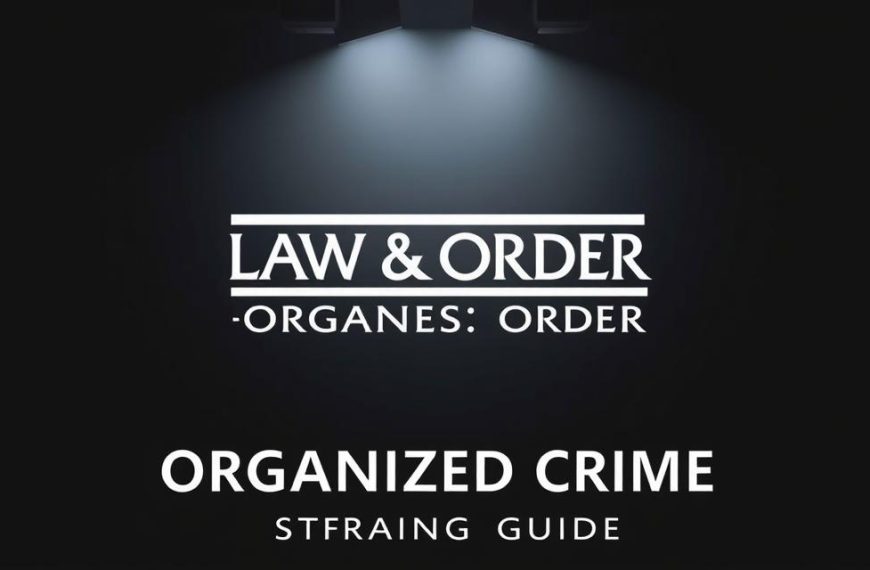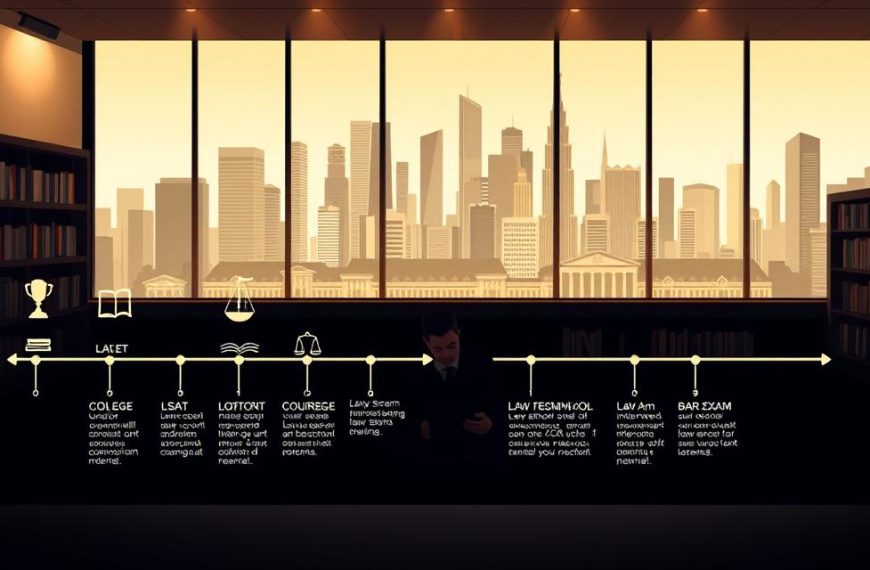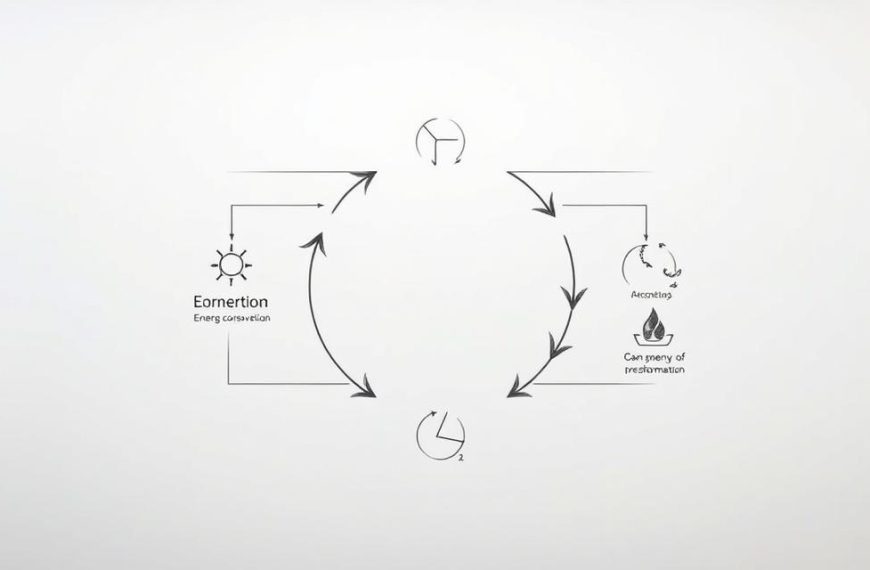Embarking on a legal career in the UK requires careful planning. Prospective students often wonder about the time commitment needed to qualify as a solicitor or barrister. The answer depends on their chosen educational route.
Traditional pathways include a three-year undergraduate law degree (LLB). Alternatively, graduates from other disciplines can pursue a one-year Graduate Diploma in Law (GDL). Both options lead to vocational training stages.
Practical experience forms a crucial part of legal education. After academic studies, aspiring solicitors complete a two-year training period. Those aiming for the bar undertake a year-long pupillage following their Bar Practice Course.
Conversion courses have gained popularity, offering flexibility for career changers. These programmes typically add 1-2 years to a candidate’s timeline. Understanding these variations helps individuals map their professional development effectively.
The journey to legal practice demands commitment but offers structured progression. With multiple entry points, candidates can tailor their path to suit personal circumstances. Proper planning ensures alignment with career goals.
Understanding the Foundations of Legal Education in the UK
Aspiring legal professionals in the UK navigate distinct educational pathways shaped by their prior qualifications. These routes provide flexibility while maintaining rigorous standards for entry into the legal profession.
https://www.youtube.com/watch?v=6KGyb4TTXOE
Undergraduate Routes and Conversion Programmes
The traditional path begins with a three-year law degree (LLB), covering core subjects like contract law and constitutional principles. This qualifies graduates for vocational training stages. Non-law graduates can access the field through the Graduate Diploma in Law (GDL), a one-year intensive course.
| Pathway | Duration | Entry Requirement |
|---|---|---|
| LLB Degree | 3 years | A-levels or equivalent |
| GDL/CPE | 1 year | Non-law undergraduate degree |
Practitioner Roles and Specialisation
Scotland’s system highlights the division between solicitors and advocates. While solicitors handle most court matters, advocates specialise in higher court representation. This understanding of roles influences career planning for students.
Vocational training follows academic study, with solicitors completing a two-year traineeship. Advocates undertake pupillage after the Bar Practice Course. This structure ensures practitioners meet the profession’s exacting standards.
Exploring how many years is law school
Choosing the right legal qualification pathway involves balancing time commitments with career ambitions. Full-time undergraduate programmes generally require three years of intensive study, covering essential areas like civil litigation and property law. For those needing flexibility, part-time options extend this period to four or five years, accommodating work or family responsibilities.
Accelerated routes exist for graduates from other disciplines. The Graduate Entry LLB condenses core material into two years, ideal for career changers seeking efficiency. Integrated programmes combining bachelor’s and master’s-level study add an extra year but enhance employability through advanced specialisations.
Modern study formats continue reshaping legal education:
| Study Mode | Duration | Key Feature |
|---|---|---|
| Full-Time | 3 years | Comprehensive curriculum |
| Part-Time | 4-5 years | Flexible scheduling |
| Graduate Entry | 2 years | Fast-track conversion |
Distance learning has gained traction, particularly among mature students managing multiple priorities. These programmes allow self-paced progression while maintaining academic rigour. Prospective candidates should assess each option’s intensity against personal circumstances to optimise their professional development.
A Year-by-Year Breakdown of Law School Experience
Legal education in the UK follows a structured progression designed to build expertise systematically. This phased approach equips candidates with both theoretical knowledge and practical capabilities essential for professional success.
First Year: Building Your Legal Foundation
The initial stage focuses on core principles through subjects like Contracts, Torts, and Constitutional Law. Students master case analysis and legal writing through rigorous assessments. This standardised curriculum ensures uniform understanding across essential practice areas.
Second Year: Expanding Your Legal Horizons
Greater flexibility emerges as learners select courses aligned with emerging interests. Popular choices include Commercial Law, Intellectual Property, and Employment Regulations. Many programmes integrate moot court competitions or placement schemes with regional firms for hands-on experience.
| Academic Stage | Focus Areas | Key Components |
|---|---|---|
| Year 1 | Core Principles | Legal Research, Case Analysis |
| Year 2 | Specialisation | Electives, Clinical Placements |
| Year 3 | Career Readiness | Dissertations, Advanced Modules |
Final Year: Specialisation and Career Preparation
Advanced modules allow deep dives into niche areas like Maritime Law or Corporate Governance. Most institutions require independent research projects, fostering expertise in specific law sectors. Career workshops and networking events bridge academic study with professional environments.
This structured journey transforms novices into practice-ready professionals. Through gradual specialisation and skill refinement, graduates emerge prepared to navigate complex legal landscapes effectively.
Navigating Additional Legal Education Factors
Flexibility defines contemporary pathways to becoming a legal practitioner in Britain. Institutions now provide multiple study formats that adapt to learners’ professional and personal circumstances, ensuring accessibility without compromising academic rigour.
Part-Time, Evening, and Dual Degree Options
Many institutions offer part-time programmes extending over four to five years. These schedules enable candidates to maintain employment while studying, though they demand disciplined time management. Evening courses particularly attract mature students who bring workplace insights to classroom discussions.
Dual degree programmes merge legal training with disciplines like technology or international relations. One student noted: “Combining corporate law with an MBA opened doors in fintech regulation that I hadn’t considered.” These integrated qualifications typically add 12-18 months to the standard timeline but enhance career versatility.
Experiential Learning: Internships and Moot Courts
Practical experience forms the cornerstone of modern legal education. First-year students often participate in moot court competitions, simulating appellate proceedings. These exercises develop crucial advocacy skills through structured legal arguments and judicial feedback.
Key experiential components include:
- Legal clinics offering pro bono advice under supervision
- Placements with solicitors’ firms or government departments
- Research projects addressing current legislative challenges
Such opportunities not only reinforce theoretical knowledge but also help build professional networks. Many graduates attribute their training contract success to connections made during these practical modules.
Essential Skills and Requirements for Aspiring Solicitors
Success in the legal profession demands more than academic qualifications. Solicitors must balance technical knowledge with interpersonal abilities to navigate complex client needs and evolving regulations. This dual focus shapes career progression across specialisations like criminal defence or commercial litigation.
Academic and Practical Skill Development
Core competencies for lawyers extend beyond textbook learning. Analytical thinking allows practitioners to interpret statutes and case precedents effectively. Strong communication skills prove vital when drafting contracts or explaining legal strategies to non-specialists.
Client management requires emotional intelligence and adaptability. As one commercial solicitor notes: “Translating legal jargon into actionable advice builds trust – it’s where theoretical knowledge meets real-world impact.” This balance becomes crucial when handling sensitive matters like family disputes or corporate mergers.
| Skill Category | Key Requirements | Professional Application |
|---|---|---|
| Technical | Legal research, case analysis | Preparing court submissions |
| Interpersonal | Negotiation, active listening | Client consultations |
| Ethical | Confidentiality protocols | Conflict resolution scenarios |
Scottish practitioners demonstrate this versatility, representing clients in most courts while specialising in areas like conveyancing. Time management remains critical given caseload pressures. Regular professional development ensures lawyers maintain competence throughout their careers.
Insights on Legal Specialisms and Career Opportunities
The legal landscape offers a mosaic of career paths shaped by specialisation choices. Practitioners navigate diverse practice areas, each demanding unique expertise. This variety allows lawyers to align their work with personal interests and market needs.
Exploring Various Legal Fields
Criminal practitioners focus on prosecuting or defending court cases involving offences. Commercial specialists guide businesses through mergers, contracts, and governance disputes. Family lawyers handle emotionally charged matters like divorce settlements and child custody arrangements.
Property experts, often called conveyancing solicitors, manage residential and commercial real estate transactions. Employment specialists resolve workplace conflicts and negotiate contracts. Personal injury professionals pursue compensation claims for accidents or medical negligence.
“Specialising in commercial litigation lets me solve complex puzzles while shaping corporate strategies,” notes a partner at a London law firm.
Understanding Professional Roles in Practice
Solicitors typically work directly with clients across multiple branches of law. Advocates concentrate on courtroom representation, particularly in higher courts. Many firms encourage junior lawyers to explore different departments before choosing a specialism.
General practice remains common in regional areas, offering broad experience. Urban practices often favour niche expertise due to complex client demands. This flexibility ensures varied career trajectories within the profession.
Preparing for Exams and the Transition to Legal Practice
Mastering assessment strategies becomes paramount as legal candidates approach qualification milestones. The 2023 bar exam saw only 36.77% success rates nationally, highlighting the need for meticulous preparation. Candidates typically dedicate 10-12 weeks to full-time review programmes, balancing statutory knowledge with practical application drills.
Optimising Assessment Performance
Effective preparation combines past paper analysis with simulated testing conditions. Many students form review groups to debate complex scenarios, mirroring real-world legal problem-solving. The Solicitors Qualifying Examination (SQE) demands particular focus on client interviewing and legal drafting simulations.
Bridging Academic and Professional Worlds
Securing training contracts remains highly competitive, with leading firms recruiting 85% of associates through campus schemes. The on-campus interview process typically occurs during second-year studies, requiring candidates to demonstrate commercial awareness alongside academic achievements.
Key transition strategies include:
- Attending legal career fairs from first year onwards
- Completing vacation schemes with target employers
- Tailoring applications to specific practice areas
Successful candidates often credit mock interviews and negotiation workshops for developing job readiness. As one newly qualified solicitor observes: “Treating every tutorial like a client meeting built the confidence I needed for partnership interviews.”
Conclusion
Qualifying in the legal profession marks the start of a dynamic career, not its endpoint. Newly certified practitioners often begin as associates or in-house counsels, progressing through roles demanding constant skill refinement. Mandatory Continuing Legal Education (MCLE) requirements ensure professionals stay updated on legislative changes and ethical standards throughout their working lives.
The process to become a lawyer offers multiple entry points, accommodating diverse academic backgrounds. While traditional routes take three years, accelerated programmes and part-time options demonstrate the system’s adaptability. Career opportunities span private firms, government advisory roles, and niche consultancies.
Success hinges on merging theoretical understanding with practical expertise. As regulations evolve, practitioners must balance client needs with societal expectations. This challenging yet rewarding path ultimately shapes professionals who influence both legal frameworks and real-world outcomes.



















